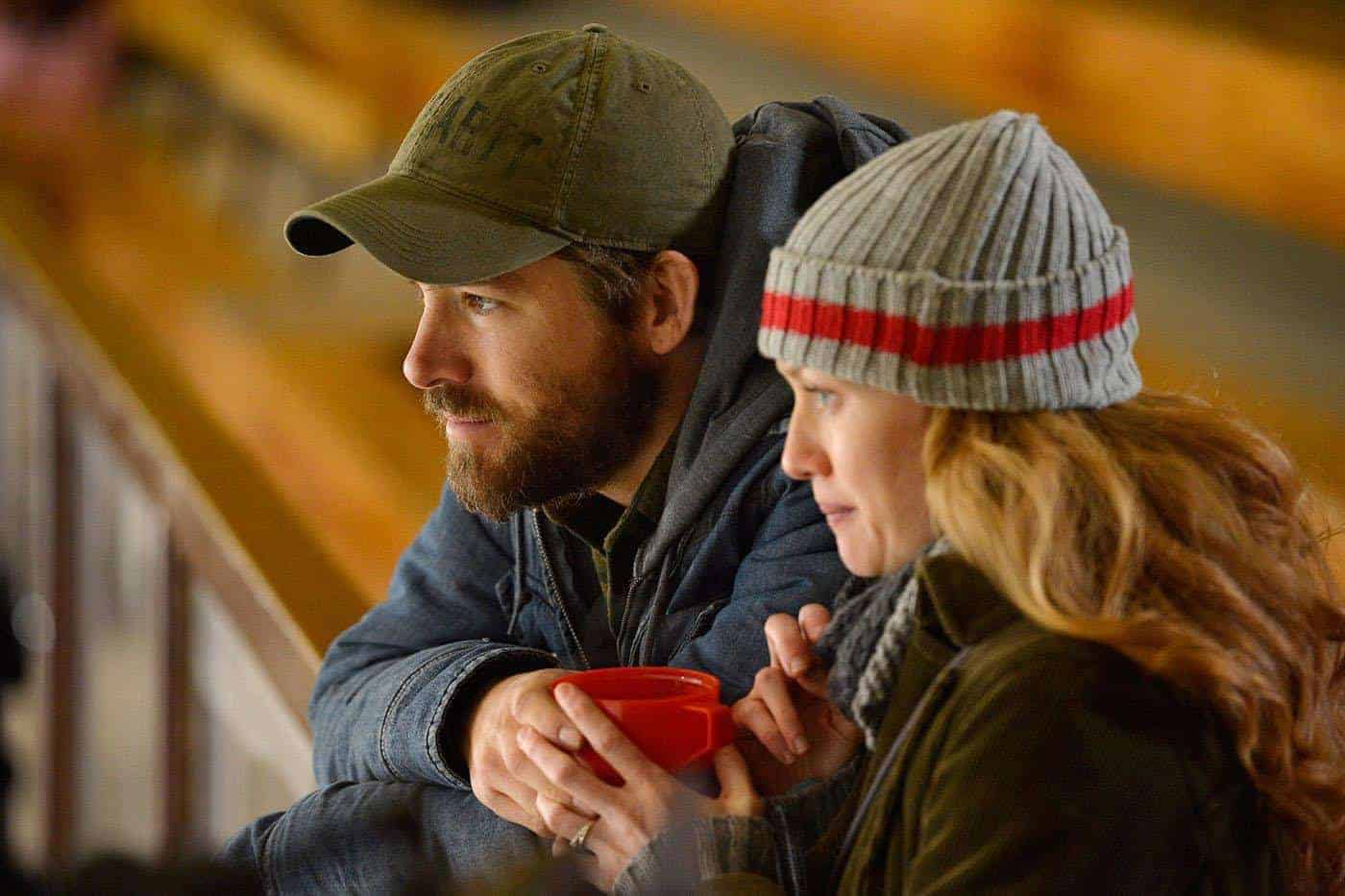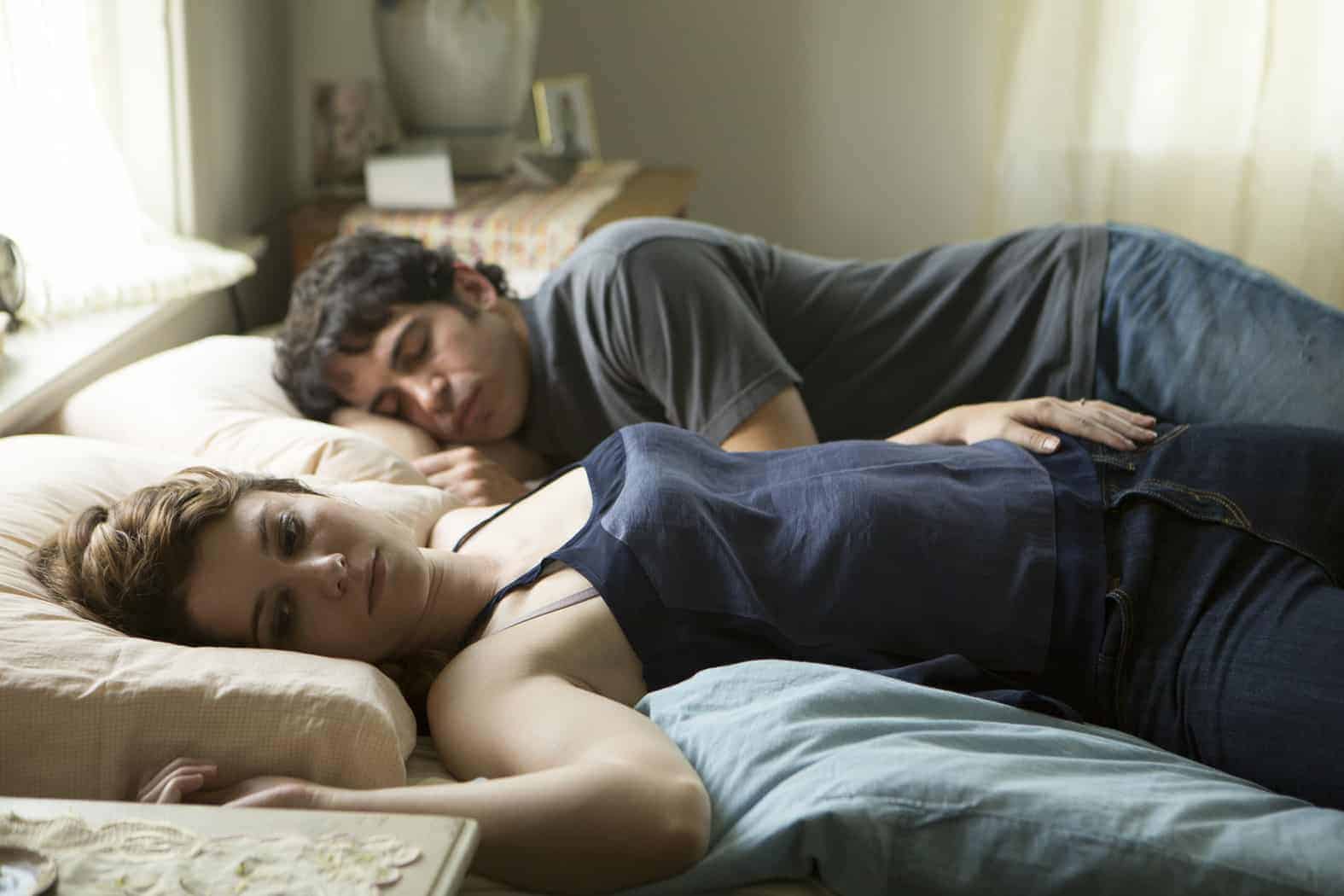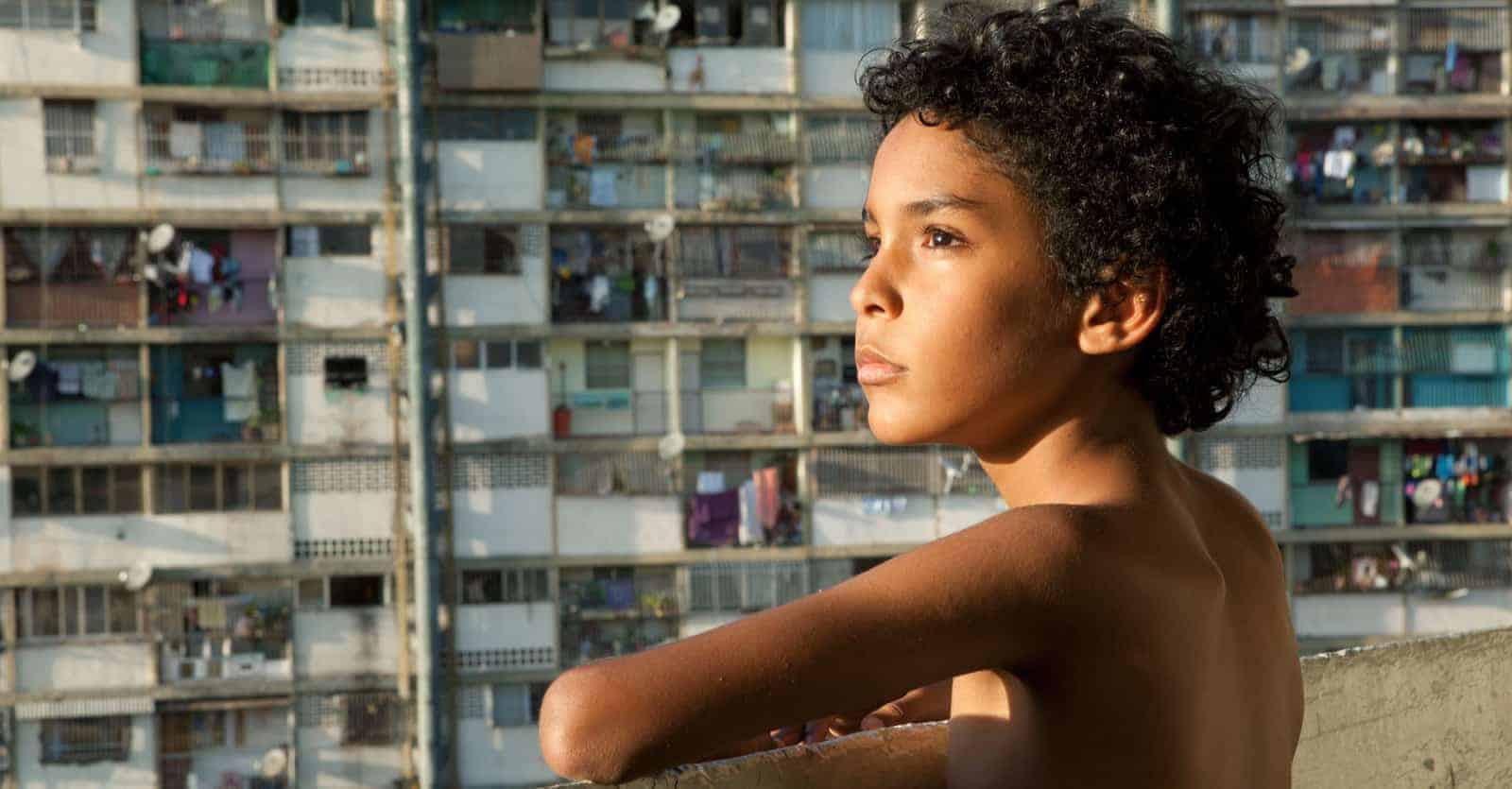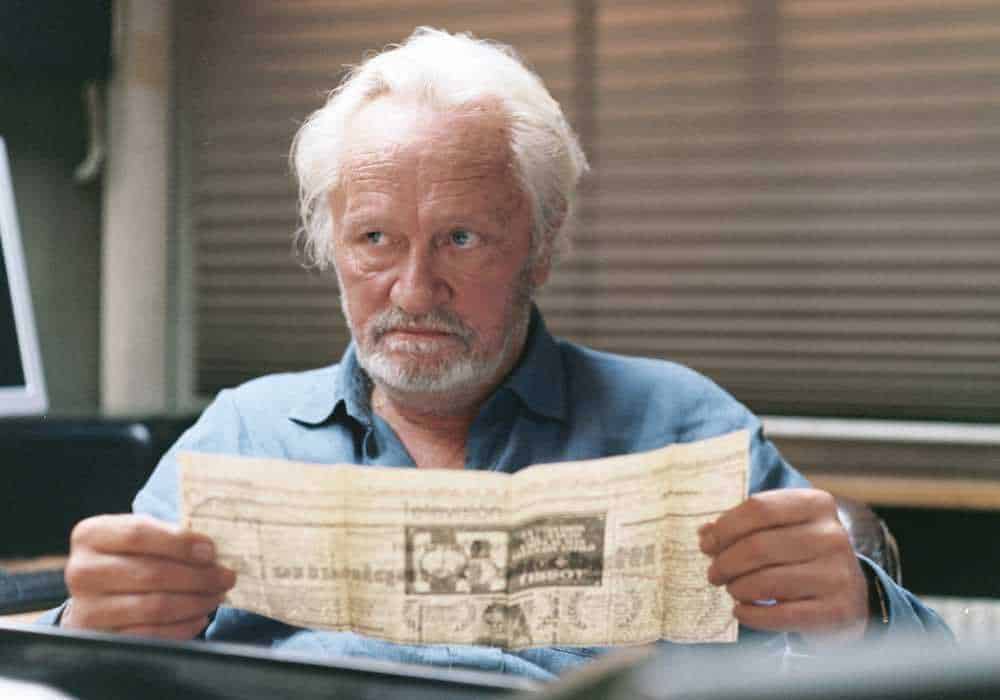Two wonderfully atmospheric films screening Out of Competition at Cannes this year, The Rover from Australia and El Ardor from Argentina, take a look at the savagery that happens on the fringes of society.
Film Festivals
Cannes Review: Argentina’s Wild Tales is inventive, funny, but uneven
After this review of Wild Tales, read our coverage of the Cannes film festival. Argentinian Director Damian Szifron’s Wild Tales, an uneven series of short, darkly comedic films, slyly woos you in with a perfect, taut beginning: an uproariously funny tale of a strange coincidental encounter. A model gets on a plane and finds herself sitting […]
Cannes Review: The Captive is captivatingly tense but shallow
The best thing about The Captive, Atom Egoyan’s entry in this year’s Official Competition at Cannes, is the way it doles out information slowly. Egoyan frames each shot so precisely so that we’re always aware of what we’re not seeing, creating suspense as things are revealed. We open on an icy, tall man, Mika (Kevin […]
SFIFF57 ends as it began with Alex of Venice, another mediocre film from a first-time director
Chris Messina’s mediocre directorial debut, Alex of Venice, boasts strong performances but is a low point in an otherwise excellent year at SFIFF. Well, SFIFF has come to a close after a great last couple of weeks full of some wonderful films from around the world. From the fantastic, biting satire, Dear White People, which […]
SFIFF Reviews: Bad Hair and Night Moves
Two of the highlights of this year’s SFIFF were the LGBTQ coming-of-ager Bad Hair and Kelly Reichardt’s environmental terrorism thriller, Night Moves.
SFIFF Film Review: Yossi Aviram’s La Dune is a story of two broken men
Yossi Aviram’s directorial debut, which he also penned, is a quiet story of two broken men — a father and his estranged son — who are always shot as lonely figures against a vast, beautiful landscape.





